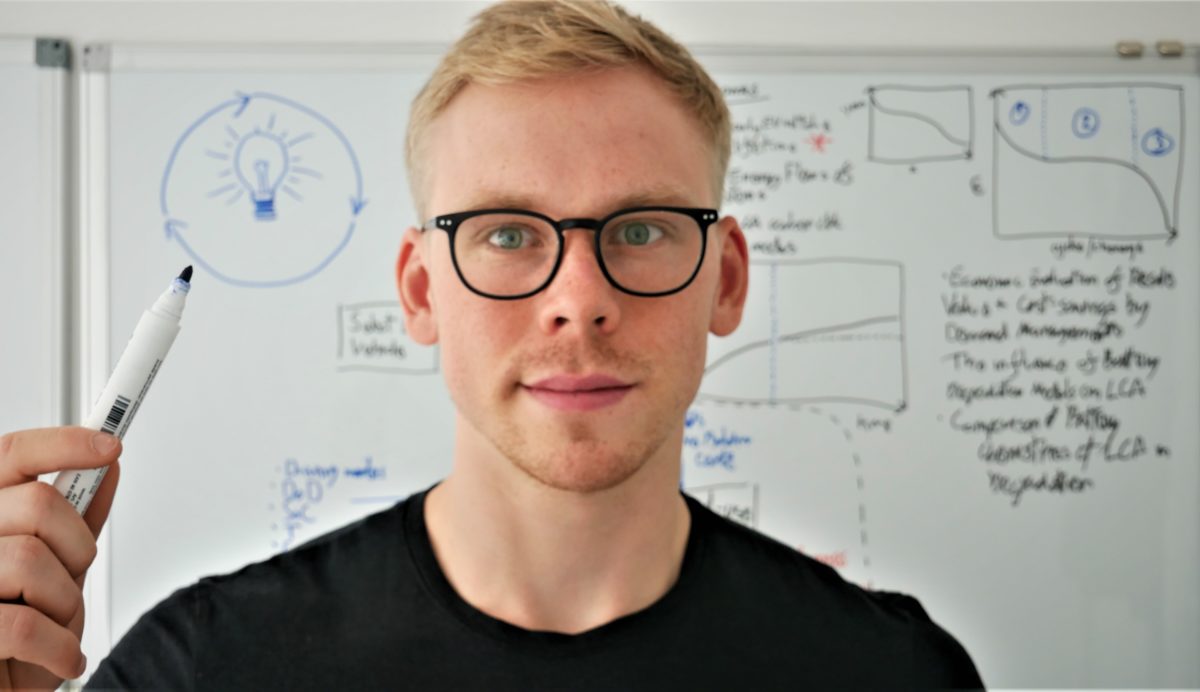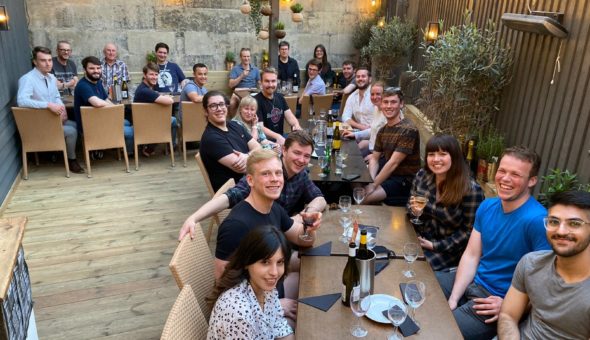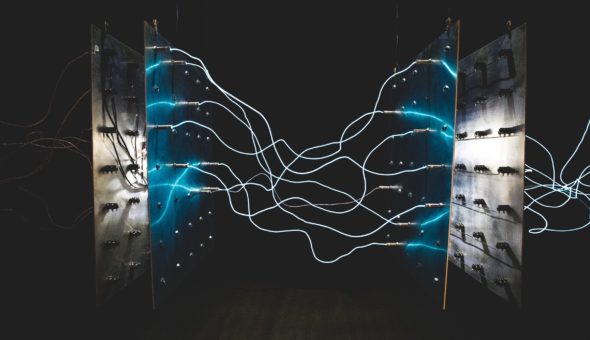Living at the beginning of our climate disaster, I’ve scrambled to figure out how to dedicate myself towards a sustainable future for the planet, people, and society. The more I learnt in the field, the more intense my battle with nihilism and pessimism grew. For any young individual living in this period, it is daunting just how great the challenge of climate change is. However, a new school of thought has breathed not only optimism in me but practicality.
It is no myth that our fossil-based economy is pushing our planetary boundaries to the brink. But, there is another deeply rooted problem masked under capitalism – the linear economy. What fuels our economy does matter, but it is dependent on the demands and functions of our system.
Our system for products function under the “take-make-waste” model, which means little to no resources are regenerated after use; consequently leading to more extraction, thereby more environmental degradation. In fact, 45% of all carbon emissions can be attributed to the way we use products, of which only 9% are regenerated after their use. Without tackling this challenge, clean and renewable energy will never meet the demand for our growing linear systems. We need a disruptive solution, and we need it now.
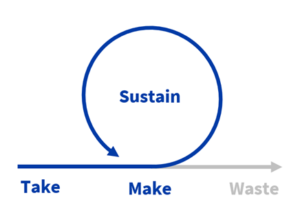
The promise of a Circular Economy can disrupt our linear model, bringing about a sustainability revolution that not only reduces emissions but can bring economic and societal prosperity. In simple terms, it is about forming system loops in a “take-make-sustain” model where resources extracted for products remain in use and regenerate the planet.
This means building hardware that not only lasts but are designed with ease-of-disassembly, reuse, and recycling in mind. This means shifting our business models from consumer ownership to product-as-a-service, where companies are incentivized and responsible for keeping products in use. This means enabling single-use products to biodegrade when disposed of, regenerating nutrients to our land. It is sustainability fuelled by innovation.
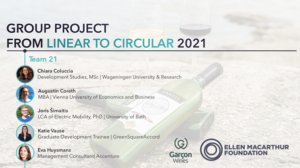
Over the summer, I was selected to participate in the Ellen MacArthur Foundations’ “From Linear to Circular 2021” programme, bringing together young leaders in their respective fields to exchange ideas and collaborate. I met hundreds of passionate people, each a circular economy expert within their respective field. A project I worked on delivered a reuse scheme for sustainable wine packaging start-up – Garcon Wines – collaborating with a multidisciplinary team (see 30:00 onwards). It became clear that achieving a circular economy is not as easy as drawing loops but requires a transdisciplinary approach across science and technology, business and supply-chain management, and marketing & communications.
I am excited to apply the circular economy school of thought to my PhD in life cycle assessment of electric mobility, hoping to pave the way for sustainable automotive systems. In this way, I hope to make a small contribution to the circular economy and believe that the collective contributions across all disciplines can secure a future that is carbon-free, socially just, and economically thriving.
Respond
